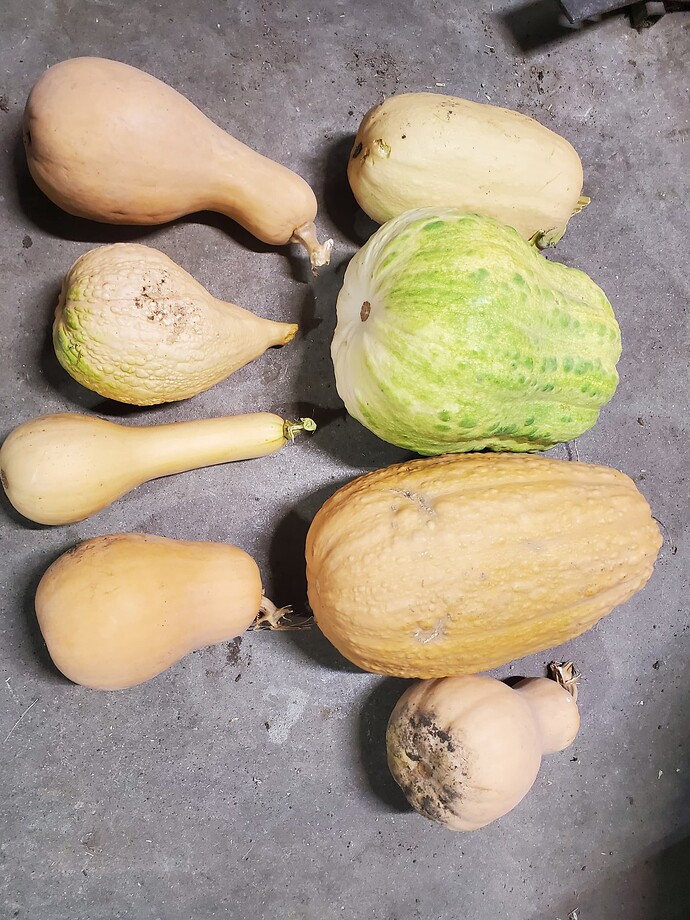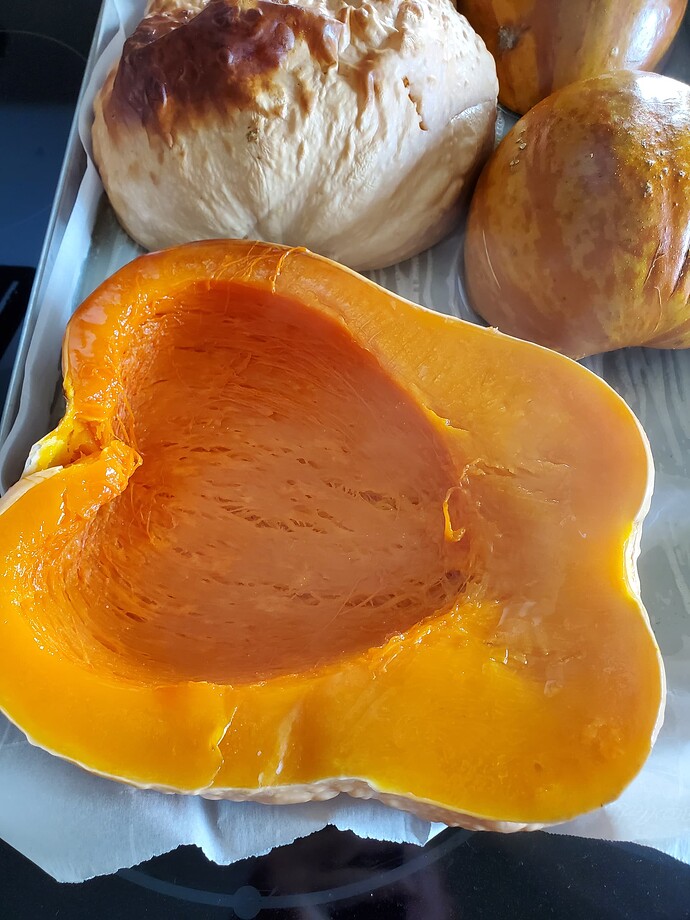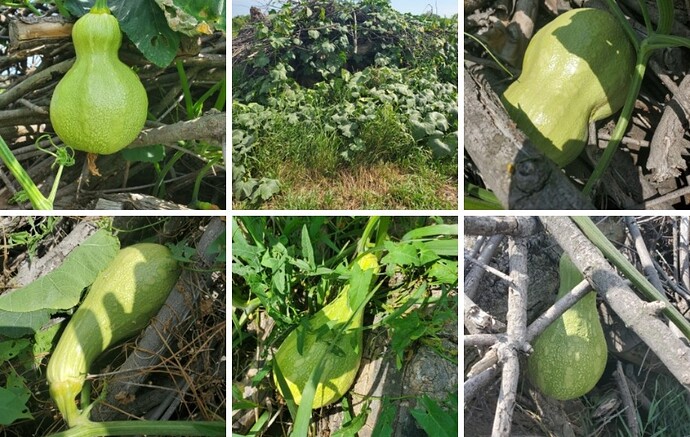Curious if anyone has tried creating a GREX line of plant breeding. What they found and enjoyed. If your expectations were met. Or what suprises you had.
Trying a GREX for a sweet hot climate pumpkins with firm dry, stringless flesh. Hardy enough for our savage climate.
I have Sugar Pie, Wildwood{Ga origin Cherokee heirloom}, Jarrahdale, Connecticut Field and Red Warty Thing in the mix.
3 Likes
What exactly does “GREX line of plant breeding” mean?
3 Likes
You take some op/heirloom sorts with traits you want; then grow them together to mix in the genetic traits for a better plant suited for your area. You can also isolate traits out of the same GREX group. Ie…earliest, hard/soft shell. Disease resistances. Flavors, colors or any other traits.
It’s always a gamble though. Wildwood is a good plant; but it suffers form shape issues. Sometimes upright form. Sometimes cheese wheel like Long Island or Seminole.
3 Likes
Sounds similar to the concept of establishing a landrace.
3 Likes
Orchid growers are as big on the grex as the clone issue from it. They name the grex and any selected cultivars.
2 Likes
I was inspired by an effort by one fellow to GREX a great blue pumpkin from a mix of blue varieties. EFN sells his GREX mix which is 4-6 generations along.
There are many types of plants you could GREX. Kales seems a popular choice.
2 Likes
I am doing a similar breeding project too. It started with we were given a bunch of squash from a friend’s mass planting in a field of cushaw, butternuts, acorn, ornamental gourds, spaghetti, pumpkins, and a few others. We saved the seeds from the biggest and best tasting butternut and planted them, which were all the squash we had last year.
Here is the variation we got.
The big lumpy greenish butternut shaped one in the picture cured out to be pure white.
Cooked it yielded 16 cups of smooth sweet squash, so the seeds from it I planted in isolation in a brush pile.
And here are how the developing squash look right now.
8 Likes
I looked at squash and was a bit intimated by the variety choices. Your white squash looks delicious.
I also thought next year I would look at GREX’ing short season crops so you could make 2 to three generations in a single year.
2 Likes
I know several people have tried producing a pumpkin with high quality seeds that are not only large,but numerous,and with a high oil %.
I’ve been trying to find someone trying a GREX for this ambition.
3 Likes
I am hoping for a 10-20 pound class size. Really large size courts ground rotting here.
I will probably select lots for earliest, hard shell, soft shell and best yield and best flavor.
But will have creative keeping them segregated.
1 Like
Sure it works. How well really depends on the parents you started with, your population size, and to a lesser extent on luck. I don’t think that it’s better than a controlled cross between carefully selected parents in practice though, and it certainly takes more space if you’re going to have enough crossing and recombination to adequately test all that diversity in your location. In most diploid outcrossing species, you generally want a population of around 200 individuals to get a good idea of the true cross potential. Not that you can’t get it by luck with far fewer plants than that, but somewhere around that number is usually what you want if you don’t want to depend so heavily on luck. Now multiply those 200 plants by the number of possible different crosses between all the different parents in your grex, and the numbers you would need to adequately test the potential of a grex in your location get daunting. Very few hobby breeders would want to grow anywhere near that many plants. Now you certainly could grow far fewer plants and just depend on luck or on finding a parent or two that makes a large difference all on it’s own, but if you do that your not really testing the grex adequately for potential, you’re just throwing mud at the proverbial wall and hoping something sticks. Again, nothing wrong with that, but for me, in most cases, if a controlled cross between carefully chosen parents is possible, you’re probably better off going that route unless you’re planning a huge population size. Diversity is interesting, but plant breeding is the process of finding desirable diversity and then eliminating as much undesirable diversity as possible. If you have too much uncontrolled diversity you have no stability and little value. You don’t really want to have much more diversity than you can use, as most of it will have to be eliminated.
2 Likes
Eh…It’s mainly for fun and educating our girls. Especially sharpening their observation skills.
2 Likes


